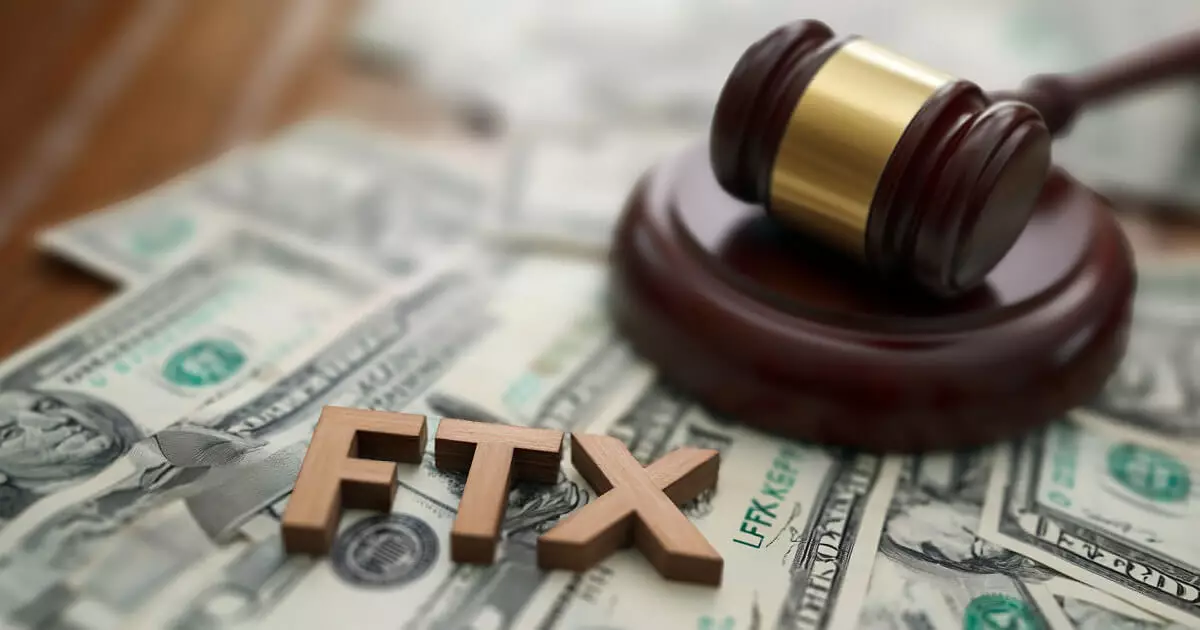The US Securities and Exchange Commission (SEC) has recently raised concerns regarding the proposed repayment strategy in the ongoing FTX bankruptcy case. The plan, which involves repaying creditors through stablecoins or other digital assets, has led the SEC to reserve the right to challenge these transactions under federal securities laws. This move has sparked criticism for potentially prolonging the already complex bankruptcy process.
In an Aug. 30 court filing, the SEC announced that it is not issuing a definitive legal opinion on these transactions at the moment but is reserving the right to challenge their legality in the future. The filing also included a request to remove a discharge provision from FTX’s Chapter 11 Plan. This provision would have shielded the company from certain future legal liabilities, which the SEC believes could hinder full accountability in the bankruptcy proceedings.
The SEC’s approach to the FTX case has faced backlash from the industry, with many industry experts arguing that the agency’s actions might cause unnecessary delays and further complicate the bankruptcy process. Paul Grewal, the chief legal officer of Coinbase, criticized the lack of clarity from the regulator in a series of tweets on Sept. 2. Grewal emphasized that while the SEC has not explicitly deemed the use of stablecoins for creditor repayments illegal, leaving the door open to future legal challenges creates an atmosphere of uncertainty.
Grewal’s comments echo a broader sentiment within the crypto industry regarding the SEC’s inconsistent and sometimes opaque regulatory stance. The potential challenges to FTX’s use of stablecoins highlight ongoing debates over whether these digital assets should be classified as securities under federal law. Critics argue that such challenges could needlessly prolong the bankruptcy proceedings, causing further financial strain for creditors involved.
If the SEC successfully challenges FTX’s use of stablecoins, it could establish a precedent that impacts not only FTX but also other companies and creditors engaged in similar bankruptcy cases. The SEC’s reservations about the use of stablecoins in creditor repayments underscore the ongoing uncertainty and debate surrounding the classification of digital assets in the realm of securities law.
The SEC’s intervention in the FTX bankruptcy case has raised significant concerns within the industry and among stakeholders. The potential for prolonged delays and added complexity to the bankruptcy proceedings could have far-reaching repercussions. As the regulatory environment around digital assets continues to evolve, the outcome of this case may have broader implications for future bankruptcy cases involving cryptocurrency firms.

